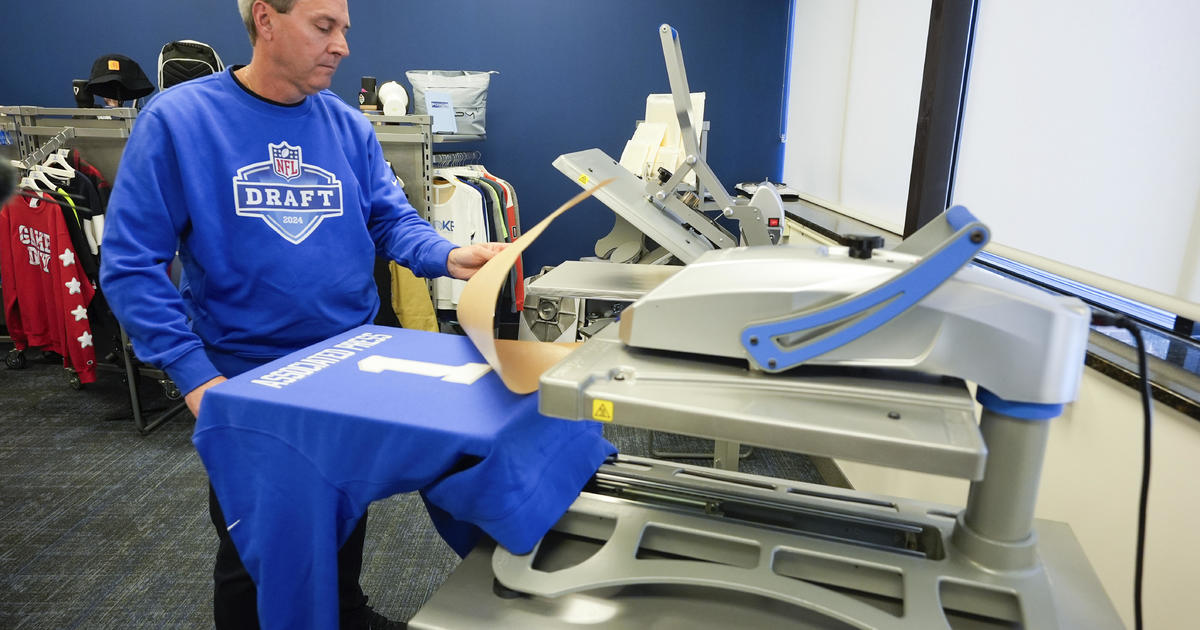New Cancer Recurrence Test From Ann Arbor Firm
Ann Arbor-based Everist Genomics announced the worldwide commercial availability of its OncoDefender-CRC colorectal cancer assay, the first and only molecular prognostic test capable of accurately predicting the risk of recurrence of cancer in patients previously treated with surgical resection of a Stage I/II colon cancer tumor or Stage I rectal cancer tumor.
The OncoDefender-CRC test examines expression levels of a panel of genes extracted from formalin-fixed paraffin-embedded cancer tissue taken at the time of surgery, and uses a proprietary computer-generated decision rule to identify patients who are at risk of recurrence.
Patients identified by OncoDefender-CRC at high-risk of cancer recurrence may benefit from adjuvant therapy or other more aggressive treatment options, as reported at the 2011 American Society of Clinical Oncology meeting.
OncoDefender-CRC was developed through extensive clinical research and assay validation studies involving over 500 patients from around the world.
"OncoDefender-CRC will help physicians make patient management decisions that promptly and reliably direct the most effective treatment to those individual Stage I/II colon cancer and Stage I rectal cancer patients at high risk for tumor recurrence, while minimizing the exposure of low-risk patients to unnecessary, costly, and potentially toxic chemotherapy and/or radiotherapy," said Everist CEO Prasad Sunkara.
Traditional standards for assessing a patient's risk of cancer recurrence have depended solely on the cancer's anatomical characteristics -- for example, tumor size, depth of tissue invasion and migration to other organs and tissues.
OncoDefender-CRC determines the tumor's aggressiveness based on its genetics makeup and molecular profile. The clinical data indicate that the performance characteristics of the OncoDefender-CRC test are superior to other methods currently in use to predict recurrence.
Furthermore, studies demonstrate that high-risk OncoDefender-CRC results correlate with cohorts colorectal cancer patients that recur within 3 years of surgery, while low-risk results correlate more closely with those patients without recurrence within 3 years. As a further indication of the overall accuracy and robustness of OncoDefender-CRC, the test does not report indeterminate or "no-call" results from any samples that meet quality acceptance and processing criteria.
Dr. Peter F. Lenehan, chief medical officer at Everist, said accurate assessment of the risk of recurrence for Stage I and Stage II colorectal cancer patients addresses a significant unmet medical need.
"Knowing a patient's risk of recurrence after surgery directly informs decisions regarding post-operative treatment and the aggressiveness of follow-up," Lenehan said. "Molecular prognostics are valuable tools that reflect a tumor's underlying biology better than traditional histopathological examination and staging. The OncoDefender-CRC test is an important medical advance because it helps physicians identify aggressive tumors amongst stage I and II colorectal cancer patients. Physicians now have a valuable new prognostic tool to help them identify patients at risk of recurrence and most likely to benefit from adjuvant therapy."
The study confirmed that, in a patient population from four international sites, OncoDefender-CRC was able to differentiate those patients at high risk from those at low risk for cancer recurrence after potentially curative surgery. For stages I/II colorectal cancer (n=115), OncoDefender-CRC correctly classified 32/46 cases of recurrence and 38/69 cases of non-recurrence (sensitivity 70 percent, specificity 55 percent). 'High risk' patients had a significantly higher probability of recurrence within 36 months than 'low risk' patients (PPV 0.51, NPV 0.73, HR 2.06 (95% CI: 1.10 to 3.86; p=0.020)). In contrast, the standard prognostic guidelines described by the National Comprehensive Cancer Network (NCCN) Clinical Practice Guidelines in Oncology were unable to differentiate recurrence risk in this population (p=0.315). The high sensitivity and PPV of the test exceeds that for other prognostic tests that have been developed for early stage CRC, thereby providing improved identification of those patients at highest risk for recurrence.
Despite the fact that diagnostic testing is said to influence 70 percent of all health care decisions, obtaining adequate reimbursement remains a significant concern for patients and their providers.
To address this issue, Everist Genomics has developed a financial assistance program that will enable patients to obtain the testing they need regardless of insurance coverage or financial status. Qualifying patients are eligible to have up to 80 percent of the cost of the OncoDefender-CRC test covered through one of Everist Genomics Financial Assistance programs.
Colorectal cancer is one of the major causes of cancer death worldwide, accounting for more than 150,000 new cases and 55,000 deaths in the United States every year and 125,000 deaths each year in Europe. To date, surgery, followed by adjuvant chemotherapy when appropriate, is the mainstay of therapy for patients with localized disease.
Of the estimated 68,000 patients that will be diagnosed with early-stage colorectal cancer this year in the US (approximately 22,000 Stage I, and 46,000 Stage II), 90 percent of those with Stage I and 70 percent of those with Stage II likely will be cured by surgery alone. The remaining 10 percent of those with Stage I (about 2,200) and 30 percent with Stage II (about 14,000) will ultimately recur and die of advanced colorectal cancer, consequent to undetected tumor remaining following definitive surgery. Many of these latter patients may have been cured or had their lives prolonged had they been more accurately identified as being at 'high-risk' for tumor recurrence and received post-surgical resection adjuvant therapy. Identifying those patients at high-risk for colorectal cancer recurrence can reduce mortality, morbidity and cost of care.
Independent studies have demonstrated a significant improvement in overall survival rates for high-risk Stage I and Stage II colorectal cancer patients receiving adjuvant therapy within 60 days following surgical resection of their tumor.
Everist Genomics is a prognostics company focused on developing gene-based molecular assays for the prediction of cancer recurrence and proprietary point-of-care equipment for the evaluation and management of cardiovascular disease.
More at www.everistgenomics.com



